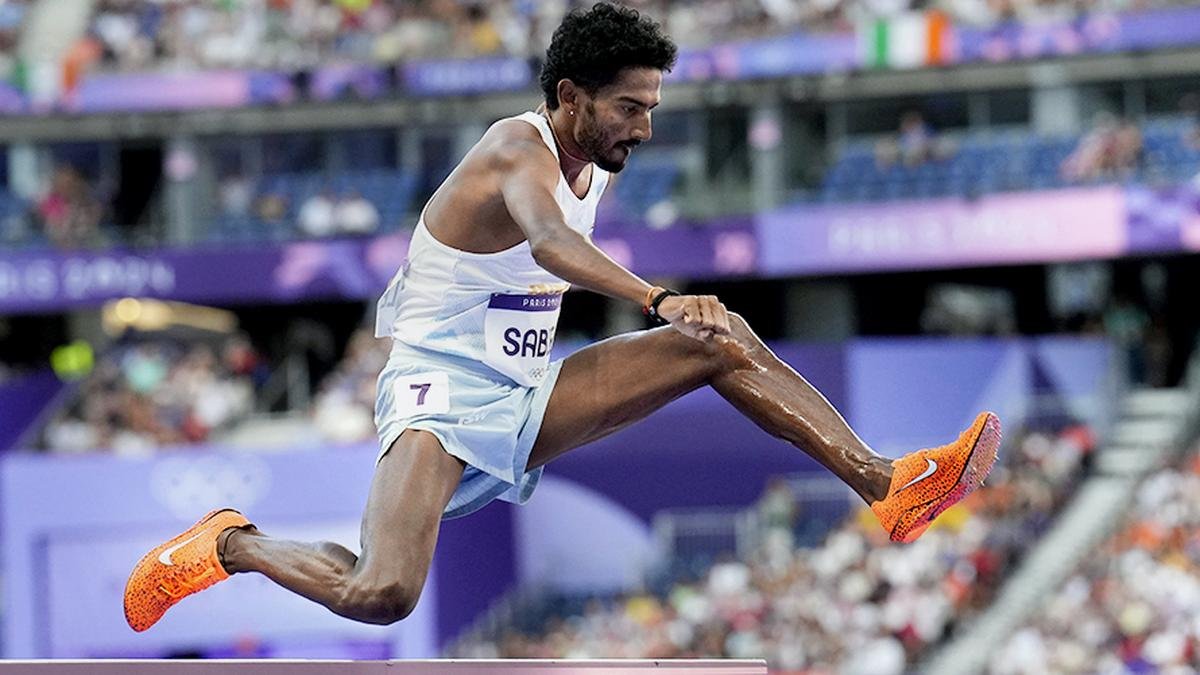International Hockey Federation (FIH) president Tayyab Ikram on Tuesday said they will resume bilateral contests between India and Pakistan “tomorrow” if given a choice, as the storied rivalry makes the sport stronger.
It has been 18 years since archrivals India and Pakistan have locked horns in a bilateral hockey Test series.
“There are certain different ways to approach it. Bilateral series is beyond the control of FIH. It’s a decision by federations after taking into considerations government and political understandings and as an FIH representative, I do respect their decisions,” FIH president Tayyab Ikram told PTI in an exclusive interview.
“For us, given a choice, we want to start tomorrow with a bilateral hockey series between India and Pakistan. It is good for both India and Pakistan, and world hockey,” added the Pakistan-born administrator, who is now a citizen of Macau.
The last bilateral series between the two neighbours took place in 2006, which Pakistan won 3-1. Since then, they have faced each other only in international tournaments due to political tensions between the two nations.
READ MORE | Tayyab Ikram set for second term as FIH president
Ikram, who is set to be elected unopposed for a second term as FIH president in its 49th Congress in Muscat, Oman on November 9, also feels that Pakistan hockey needs financial resources to return to its glorious past.
“I don’t see Pakistan hockey has downgraded, it is all about lack of resources. I feel for the players. They are a strong team but today, without strong financial model, you cannot have high performance structure,” he said.
In the last decade, India has been FIH’s go-to market for sponsorships and hosting global events, and Ikram said the country continues to remain the apex body’s strong partner.
“India is a strong partner and a very important stakeholder. India reflects hockey values and India has a lot of things to offer. I personally believe India is playing their part in every aspect, including hosting events globally.
“Even every NOC is looking at India, China a bigger market. But our focus is how we can make this relation more efficient,” he said.
“We are in discussion about hosting FIH events. The Junior World Cup is already allocated to India next year and future events also we are in discussion.” The FIH chief said the world body has already reserved a window for Hockey India League which is set be revived after seven years.
“Window for HIL is last week of December to first week of February. It has been already allocated by FIH,” Ikram said.
READ MORE | HI begins player registration for Hockey India League 2024-2025
The FIH chief stressed that the traditional 11-a-side hockey continues to remain the world body’s main product with Hockey 5s being an instrument to popularise the sport among small member nations.
“For me Hockey 5s is a very accessible model and it provides a different angle to our sport. People can compete at any level, it was a magical moment in the last Hockey 5s World Cup in Muscat, Oman where top teams participated against smaller nations like Kenya, Namibia, Oman, Thailand.
“This is a very global approach that they are part of the World Cup. Secondly, considering the infrastructure, some countries cannot participate in 11-a-side hockey. So, Hockey 5s provide that kind of opportunity for our athletes to play globally,” Ikram said.
“For us it is about providing better opportunity to all level of federations. Like in Asia you have Asian Games, you have indoor Martial Arts Games, Youth Games, in those Games it is possible to adjust Hockey 5 model.
“Our primary focus at this point of time in Olympic Games is 11-a-side hockey,” he added.
Hockey’s world body chief said the sport remains “stable” in the Olympic movement.
“Hockey has been a global sport, it has lot of values, it is a family sport, social sport. We are a member of Olympic movement and we are very stable in the programme,” Ikram said.
“But hockey needs a bit more global attention. The top countries are taking care of the sport but we have 140 plus members right now and we need to cater to them.
“That is our first priority, to engage and empower the smaller nations because with them, we can be a bigger and stronger federation,” he added.



